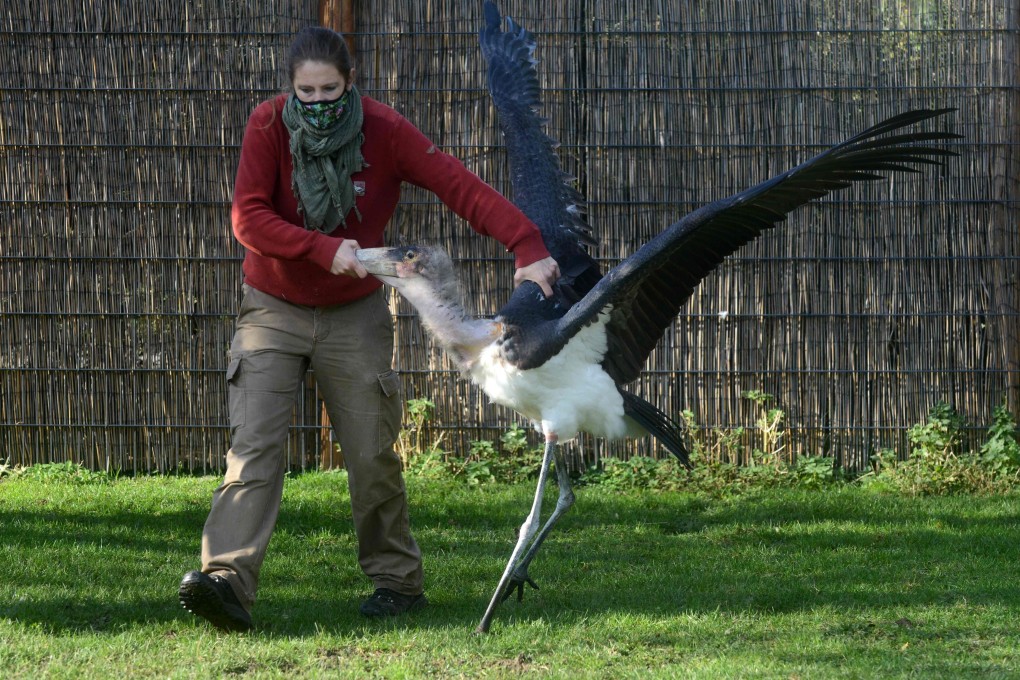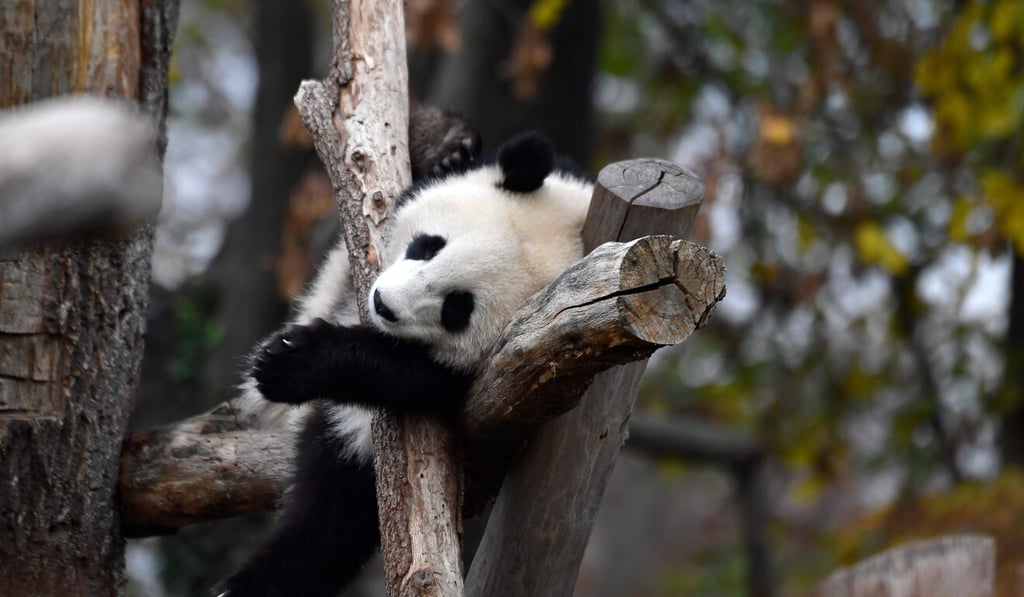Advertisement
Coronavirus lockdown leaves Europe’s zoos on brink of financial ruin
- From Antwerp to Prague, zoos are appealing to the public for funds amid a financial crisis due to restrictions to curb the spread of Covid-19
- With 400 animals, Ireland’s largest zoo says its future is now ‘uncertain’ due to its second lengthy closure since March
Reading Time:2 minutes
Why you can trust SCMP

Close for good, raise funds from the public or feed animals to other animals: Europe’s zoos, caught between reduced visitor numbers and orders to temporarily close, have been forced to consider dire scenarios during ongoing pandemic losses.
Dublin Zoo joined a chorus of zoos across Europe in November appealing to the public for funds amid a financial crisis due to restrictions to curb the spread of the coronavirus.
With 400 animals, Ireland’s largest zoo relies on ticket sales for 90 per cent of its funding and says its future is now “uncertain” due to its second lengthy closure since March.
Advertisement
Like many in Europe, the zoo reopened in mid-2020, only to close again in autumn under strict near-lockdown conditions.

Advertisement
While some zoos like Antwerp Zoo, Prague Zoo and Bioparco de Roma have again closed entirely, others like the Zoo Aquarium Madrid and Tierpark Berlin have only closed off certain areas.
Advertisement
Select Voice
Select Speed
1.00x